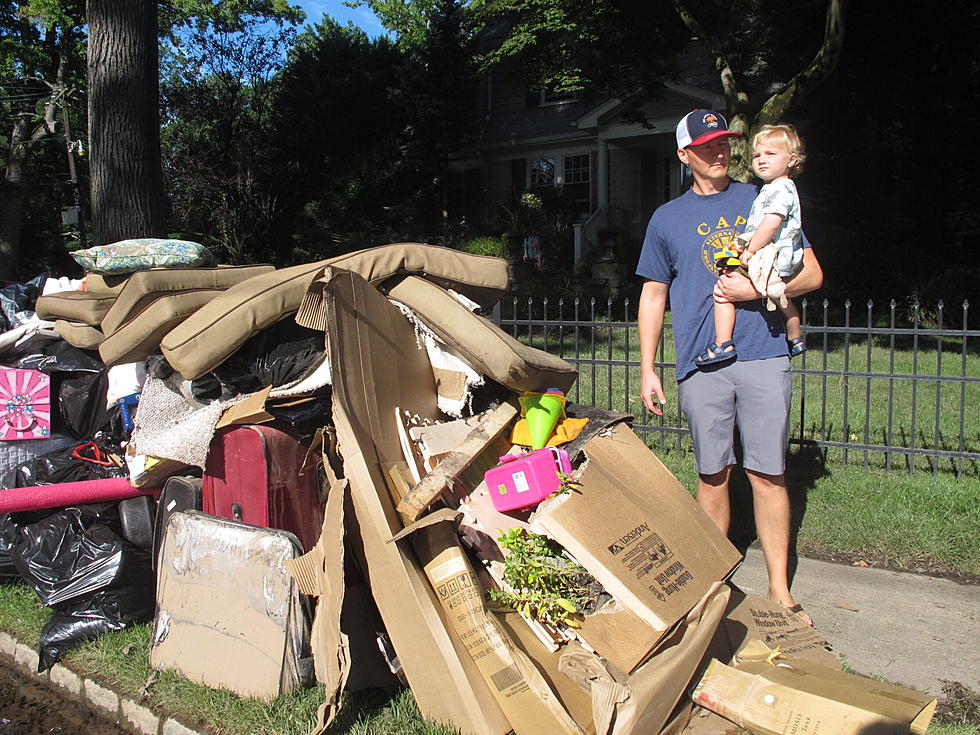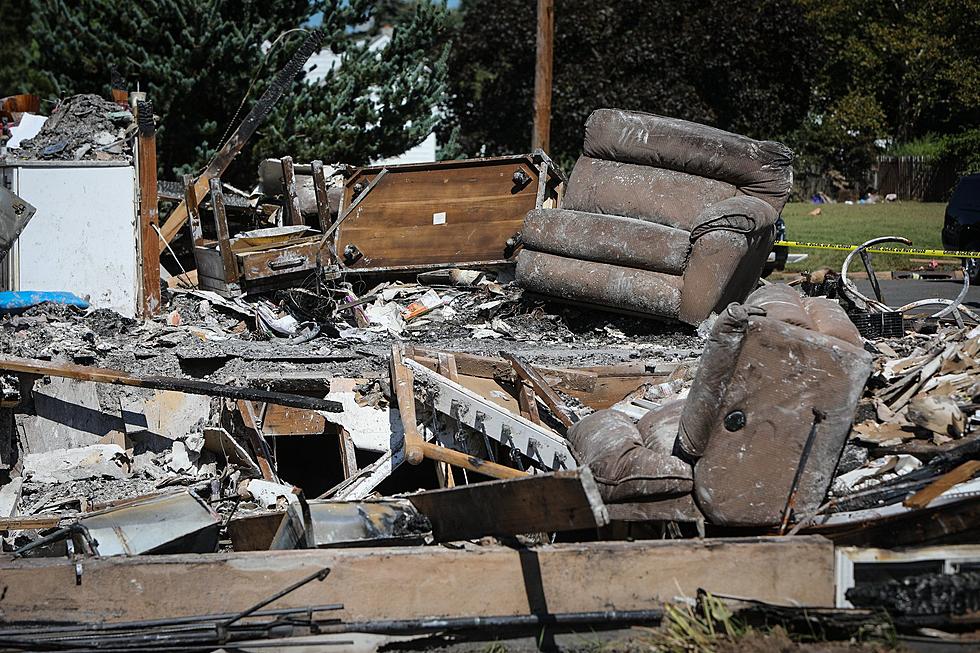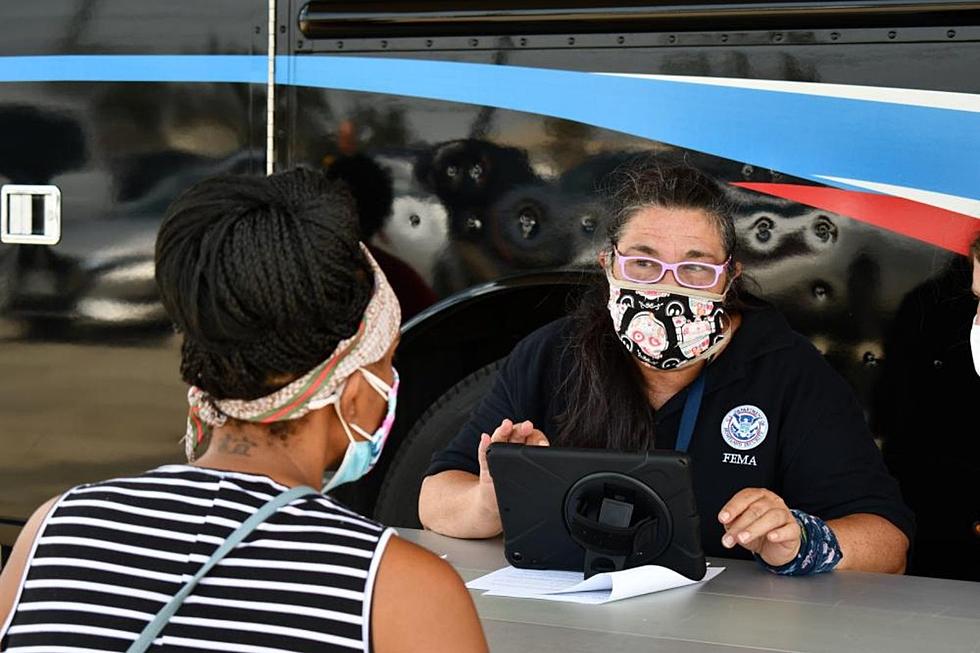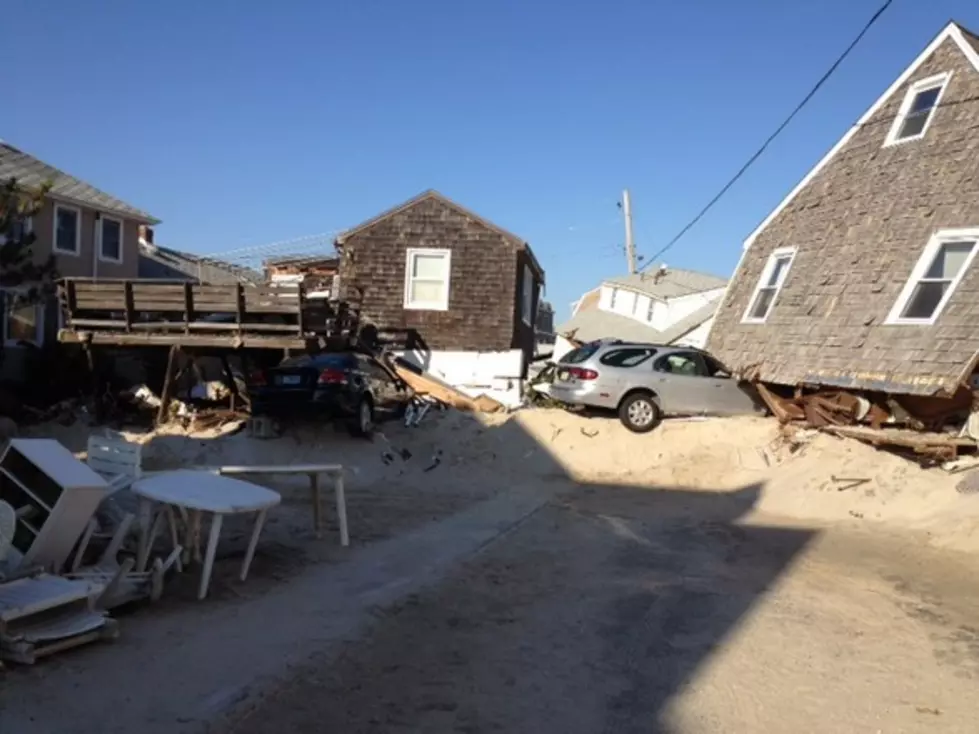![Bill Introduced To Ease Flood Insurance Premium Hike [AUDIO]](http://townsquare.media/site/385/files/2013/03/flooding.jpg?w=980&q=75)
Bill Introduced To Ease Flood Insurance Premium Hike [AUDIO]
New Jersey Congressman Frank Lobiondo unveils legislation aimed at easing the impact of a mandated Federal Flood Insurance Program premium increase on Superstorm Sandy survivors and others rebuilding after flooding in other parts of the country.
South Jersey Representative Frank Lobiondo says his bill (H.R. 1485), would allow Sandy survivors to pay a 12.5 percent premium increase over eight years instead of 25 percent over four years to reach full-risk cost under the 2012 Biggert-Waters Flood Insurance Reform law.
He says no one could have predicted that the devastation of Sandy would come at the same time the premium increase would kick in.
"The two together have placed an onerous burden on our citizens, hence the legislation to try and relieve that to a degree by spreading it out from four years to eight years."
Lobiondo says the increase was needed to keep the Federal Flood Insurance Program solvent and to remove taxpayers from the equation of subsidizing the program.
"A lot of people don't realize that the Federal Flood Insurance Program was almost $30 billion in the red, and that there were a number of members of Congress who wanted the federal government out of Flood Insurance."
Congressman Jon Runyan is a co-sponsor of (H.R. 1485).
"These increased premiums, to help make the program solvent, was a compromise that we came up with, and over 400 members of Congress voted to do this," Runyan said.
According to LoBiondo's press release:
"FEMA has traditionally charged premiums for National Flood Insurance Program (NFIP)-backed mortgages approximately 40 to 45 percent of their full-risk cost, thus taxpayers subsidized the remaining flood insurance coverage. Under the 2012 Biggert-Waters Flood Insurance Reform law which was debated in Congress for five years, premiums are set to increase 25 percent each year for four (4) years to reach full-risk cost, thus phasing-out the taxpayer subsidy for some NFIP properties. Primary residences are not affected by this law."
Lobiondo says the law would apply nationwide as residents and businesses in other flood zone areas, such as those along the Mississippi River or Gulf Coast, are experiencing similar hardship.
More From New Jersey 101.5 FM









